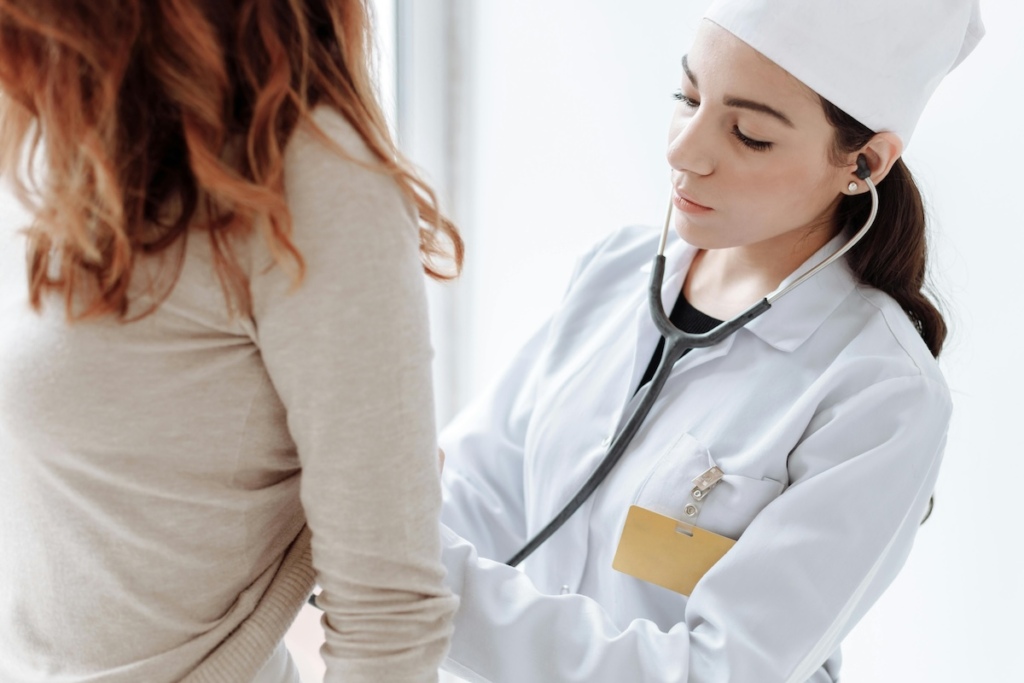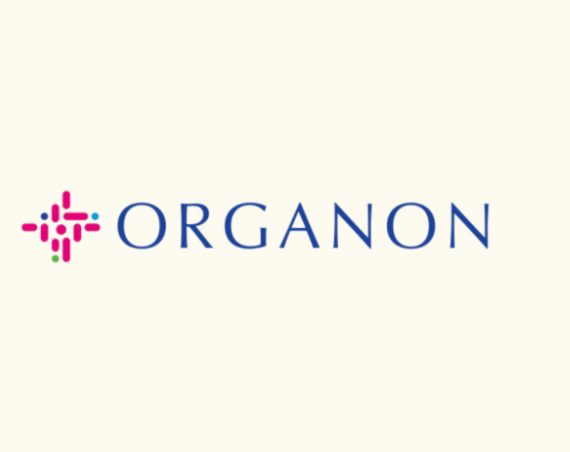
The Menopause Society has announced the launch of its NextGen Now initiative, a comprehensive training program designed to address critical gaps in menopause care education. The organization received a $5 million (approximately €4.6 million) anonymous grant to fund the program, which aims to train 25,000 healthcare professionals over three years.
The initiative addresses a significant healthcare gap affecting half the population. Despite menopause being a universal experience for women, medical training on the menopause transition remains inadequate across healthcare professions.
“We have long recognized that education on midlife women’s health and the menopause transition has been woefully inadequate,” said Dr. Stephanie Faubion, medical director of The Menopause Society. “The mission of our organization is to empower healthcare professionals to improve the health of women during the menopause transition and beyond.”
The program targets women’s health physicians, nurse practitioners, physician assistants, and medical trainees. Training components include curated and immersive educational experiences, study materials, scholarships, and new position statements and consensus recommendations.
The Menopause Society seeks an additional $5 million in matching funding to support innovative training methods, including augmented and virtual reality components. The complete program represents a $10 million investment in menopause care education.
“We are thrilled to have a benefactor who is as passionate about improving midlife women’s health as we are and who is aligned with our commitment to providing evidence-based resources,” said Dr. Claudio Soares, president of The Menopause Society.
The Cleveland-based organization has served as the leading menopause authority since 1989, providing evidence-based resources for healthcare professionals, researchers, and the public. The NextGen Now initiative launches this summer. The initiative represents the organization’s response to the growing number of professionals involved in midlife women’s health who receive minimal menopause guidance during their training.



